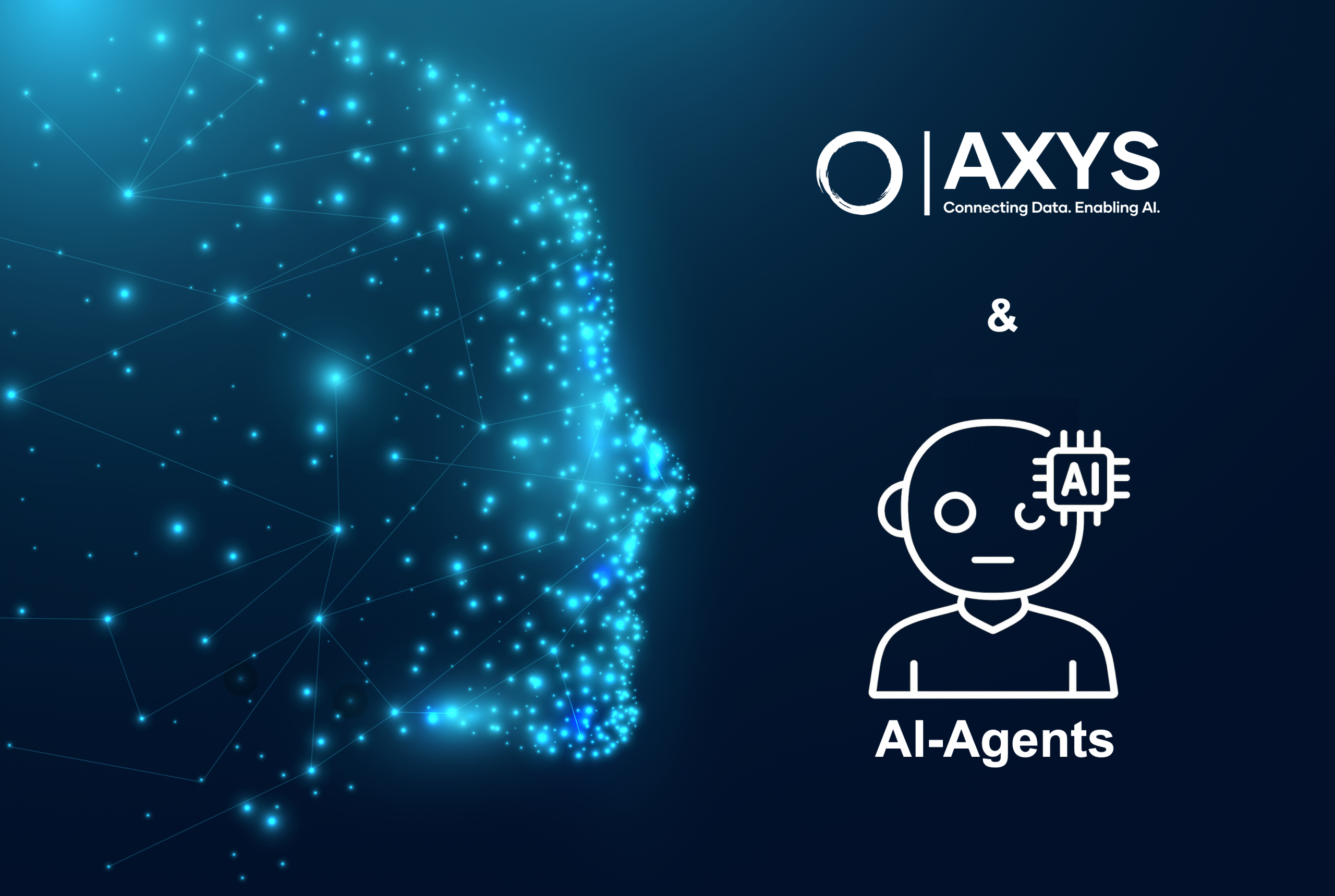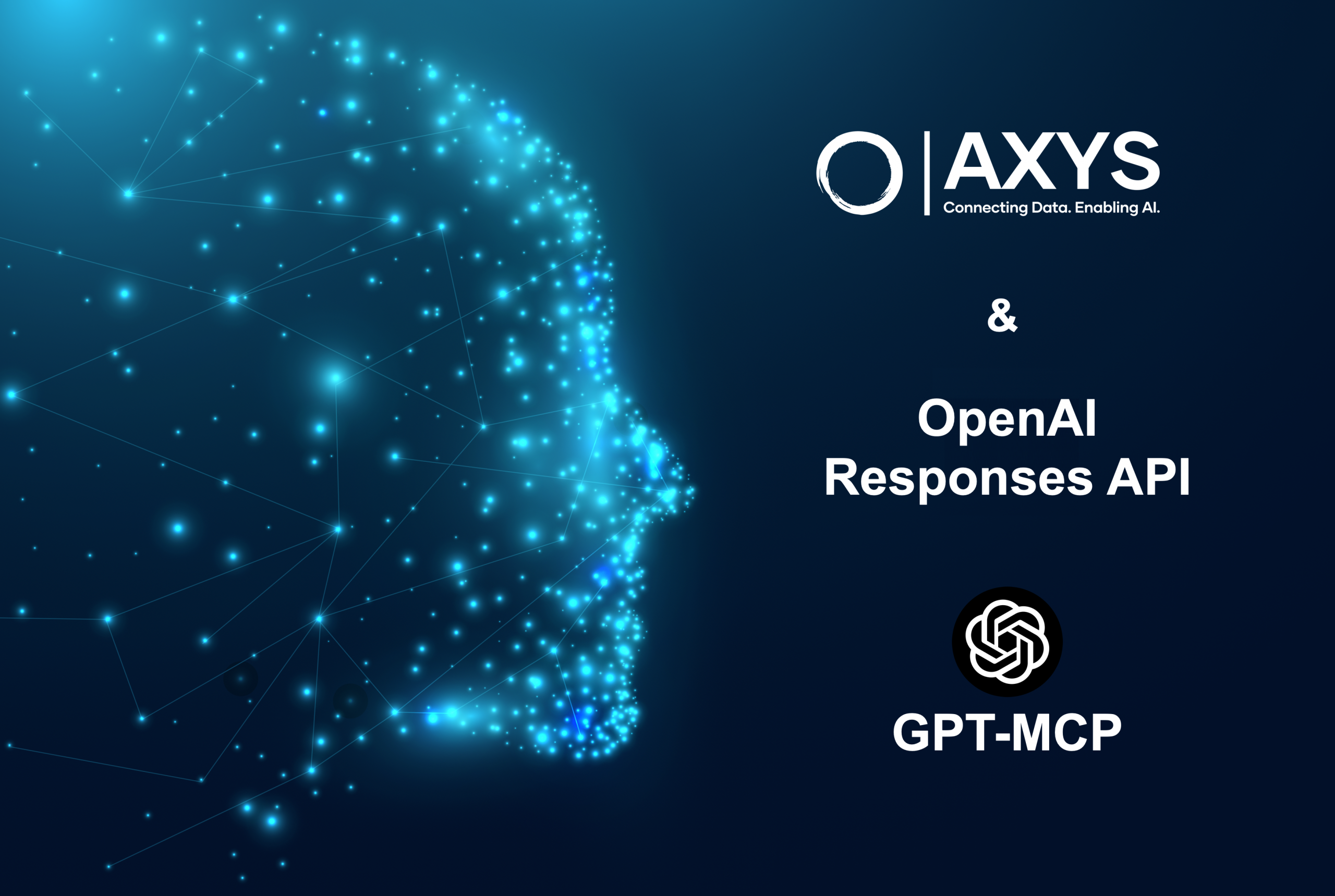Business organizations today rely heavily on big data to make decisions that are critical to the success of their operations. But in order for this data to be effective, companies must ensure that they have an enterprise data platform in place that can effectively capture, store, access, and analyze this information. To do so, investment in data engineering and security compliance maintenance is inevitable. Unfortunately, it’s easy for many businesses to overlook the potential return on investment ROI of an enterprise data platform. Here are a few important benefits your business stands to gain with a quality enterprise data platform.
Improved Decision-Making Capabilities
Data is only valuable if it can be useable to inform decisions in the organization, meaning that raw numbers stored in an unstructured system can do very little good. In order to turn these bits and pieces of information into useful insights, businesses need a scalable and secure way of accessing them.
An enterprise data platform provides a repository whereby companies can quickly and easily integrate different sources of relational and non-relational databases into one central location where they will be able to draw connections between various elements of their data more effectively.
This makes it simple for decision-makers within the organization to get an accurate snapshot of the current state of all important metrics at any given point in time – enabling them to make smarter decisions faster than ever before.
Enhanced Data Security
Data security has become an increasingly pressing concern among modern organizations as hacker activity has become far more pervasive and sophisticated over the last several years. With cyber attackers continuously looking for new ways to gain illegal access or exploit weaknesses in existing systems, having an enterprise data platform is essential for protecting your company’s most sensitive and valuable information assets from potential breaches that could put your whole business at risk.
By offering centralized storage methods along with advanced encryption protocols and various other security measures such as logins restricted by role or task-based access control systems; enterprises can rest assured that their most important files remain out-of-reach from malicious outsiders while still providing authorized users quick access whenever they need it.
Streamlined Business Processes
The ability for employees across functions within your company being able to securely share critical information with each other is extremely beneficial for faster problem-solving times meaning less wasted effort.
By moving away from isolated silos wherein only certain people know what they need without fully understanding how their actions might potentially impact others throughout their environment, departments are able to contact each other easier and create bridges not just within but between external entities as well which helps foster increased collaboration opportunities for everyone involved. This can help augment overall productivity levels across the board resulting in faster feedback loops which lead directly to better customer service experiences.
Data Engineering Cost
Data engineering integration can be costly and resource scarcity can be challenging to any organization’s operations. It allows organizations to optimize the data they have access to, adjust systems and processes accordingly, and effectively measure the Return On Investment (ROI).
Cost of Data Platform Licenses and Subscriptions
The cost of a data platform depends on the size of your organization and what capabilities you need access to. The licenses and subscriptions necessary for users on the platform will vary depending on the features that are integrated into the system. Platforms like Oracle, Microsoft Power BI, Salesforce Einstein, Amazon Web Services (AWS), Cloudera Enterprise Data Hub, MongoDB Atlas, Splunk Enterprise Cloud, and SAP HANA can come with hefty price tags anywhere from thousands to hundreds of thousands of dollars per user license.
Cost of Infrastructure
Depending on the complexity of your business need, you may also have to consider adding additional infrastructure such as cloud services or hardware costs when implementing an enterprise data platform. The costs for services such as networking between sites can be anywhere from $5K-50K annually depending on size and complexity while purchasing hardware devices can range between $10K-30K per device. Additionally, there could potentially be more expenses for scaling up infrastructure as your needs grow over time.
Cost for Installation & Maintenance Services
While some organizations may opt for an in-house IT team or individuals dedicated solely to supporting existing systems already in place at the organization, most businesses would benefit greatly from professionally-trained IT teams who specialize in large-scale deployments that involve integration with other existing systems within an overall architecture framework, including new server installations and disaster recovery plans among other things. Such maintenance contracts generally cost around tens of thousands of dollars at the minimum along with any custom work involved throughout implementation stages – if any are encountered during implementation processes.
Summary
A data platform is fundamental to the success of any enterprise. It’s helpful to collect, store, and analyze data from multiple sources in order to make informed decisions.
When assessing overall costs associated with an enterprise data platform rollout, it’s important to factor in direct and indirect expenses associated with licensing fees for each user alongside expenses related to required additional infrastructure and deployment costs within your organization along with potential professional services fees around installation support & maintenance work involved throughout implementation stages.
Depending on the scale & complexity associated with specific business needs, overall prices associated can easily amount out of the IT budget. With Axys unified data fabric solution, it’s easy to calculate the ROI of an enterprise without surprise. For a quick product demo, schedule a time with our data experts here.


